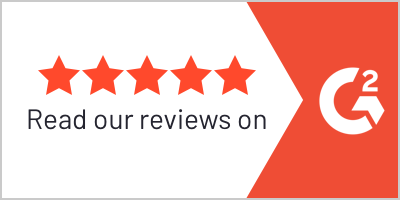Choosing the best sales training program in 2026 can feel daunting. The best sales training programs are customized, rooted in modern buyer-first psychology, heavily reinforced, and built to adapt to AI-driven selling. This guide explains how to evaluate and find the best sales training providers, avoid outdated approaches, and choose the program that will actually improve win rates, forecasting accuracy, and deal movement.
What You Will Learn
- What makes a sales training program truly effective in 2026 (and why most programs fail).
- The non-negotiable elements every modern sales team needs in their training.
- Why reinforcement matters more than the initial training event.
- How AI is reshaping the requirements for sales skills and coaching.
- How to evaluate training partners and identify red flags.
- How to choose a program aligned to your team’s maturity, pipeline challenges, and sales motion.
- Why methodologies like N.E.A.T. Selling™ outperform legacy frameworks.
The Truth About “Best Sales Training” in 2026: Most Programs Still Teach 2012 Selling
Each year, new “Top 10 Sales Training Programs” lists circulate — and they almost always recycle the same names. The problem? Most of these methodologies were built for a world that no longer exists.
The modern reality:
- Buying committees are larger
- Deals are non-linear
- Reps rely on AI to research, prioritize, and message
- Competition has increased, and margins are tighter
Your training must evolve with your buyers. Unfortunately, most programs haven’t.
What the Best Sales Training Programs Have in Common
After working with thousands of sellers and hundreds of teams, here’s what separates the best sales training programs from the rest.
1. A Modern Methodology Built for Today’s Buyers
Sellers today need more than scripts — they need a framework that aligns with how buyers make decisions.
Sales frameworks like N.E.A.T. Selling™ give teams the tools to Earn the Right to deeper conversations, uncover true economic impact, and meaningfully multi-thread.
2. Customization That Goes Beyond Changing the Logo
If you can swap your company’s name with another and the training still fits, it’s not training — it’s a lecture.
The best programs customize:
- Your messaging and ICP
- Your AE/SDR workflows
- Your qualification and deal stages
- Your pipeline realities and forecast gaps
- Your objections, use cases, and competitive landscape
3. Reinforcement That Actually Reinforces for Best Sales Training Program
The biggest lie in corporate training is “one-and-done.” If your program doesn’t include weekly reinforcement, deal reviews, and manager coaching, the behavior will not stick.
4. Practical AI Integration for Best Sales Training Program
The best training doesn’t hype AI — it operationalizes it. Your reps must learn:
- How to use AI for pre-call research
- Message drafting without sounding robotic
- AI-assisted qualification and deal inspection
- Multi-threading with AI-enhanced context
How to Evaluate Best Sales Training Program in 2026
Here’s your buyer’s guide:
- Do they ask about your current process before proposing solutions?
- Do they role-play using real deals?
- Do they train your managers, not just your reps?
- Is reinforcement part of the program?
- Do they account for AI, multi-threading, and modern pipeline challenges?
Why Most Sales Training Programs Fail
Programs fail for three reasons: lack of clarity, lack of ownership, and lack of reinforcement.
Without defined outcomes and operational follow-through, even the best content dies.
Which is the Best Sales Training Program For You?
There is no universal “best” — only the best for your team’s stage, goals, maturity, and challenges.
The right partner will dig into your data, your deals, your objections, and your current process before teaching anything.
Ready to Build a Team That Outperforms in 2026?
If you’re evaluating sales training, the next step is simple: Schedule a strategy call.
Contact The Harris Consulting Group or call/text: 415-596-9149







